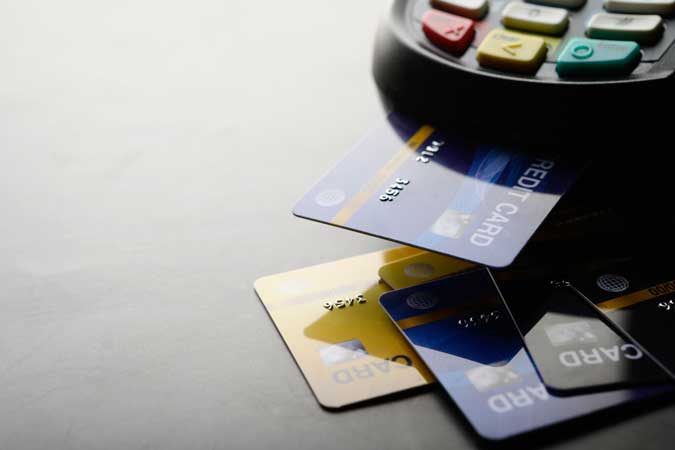
THE government should look at digital payment systems that can cover cross-border transactions to widen its digital tax base, according to the National Tax Research Center (NTRC).
Long-standing issues such as poor internet connection and the lack of infrastructure should also be addressed, the state think tank said in a recent study.
The center urged the country’s tax agencies to maximize the use of digital payment systems because they are proven to be an effective tool to make online transactions more efficient. Faster tax collection could also help the country’s economic recovery, it added.
“Many countries have already adopted a progressive movement of taxing digital transactions to capture the fast-growing digital economy and level the playing field,” according to the study.
“Payment systems have the potential to help tax authorities in monitoring tax compliance and enforcing tax rules,” it added.
The Finance department in May said it would study how to plug potential value-added tax (VAT) leakages on goods and services sold online, including cross-border transactions. House Bill 6765 or the Digital Economy Taxation Act was filed seeking to impose a 12% VAT on online transactions.
Aside from the public’s lukewarm attitude toward digital payments and the lack of a reliable and secure payment infrastructure, there’s also a need to ensure the efficient implementation of payment systems involving cross-border online transactions, the NTRC said.
The adoption of digital payments has been slow because many Filipinos think cash is still the fastest and safest way to pay, the agency said, citing past studies.
It said most countries that impose VAT or its equivalent on cross-border digital services do not require foreign companies to establish a physical office in the country where they sell, though some do have a representative office.
The Bureau of Internal Revenue issued a memo in June reminding online businesses to register with the agency for tax purposes. More than 7,000 businesses have registered as of the Sept. 30 deadline.
“During the COVID-19 pandemic, the digital transformation of BIR’s digital services has become crucial to ensure the safety of taxpayers from the threat of the virus,” it said.
“With lower revenue expectations due to the COVID-19 pandemic, the increased use of digital technologies along with strong macroeconomic fundamentals can help the government quickly return to high growth once the health crisis is over,” it added.
Tax revenues dropped by 11.28% to P1.854 trillion in the nine months through September due to weak consumer spending and business closures during the pandemic.
The tax agency also aims to start the pilot of its electronic receipts and e-invoicing system next year.
Online payment transactions of the government accounted for 59% of 472 million digital payments done, while individuals and businesses accounted for 9% and 4%, respectively, the NTRC said, citing estimates by the Better than Cash Alliance last year.
Total digital payments remained low, accounting for only 8% of the total monthly volume of payments made nationwide.
The center said there were 98 operators of payment systems registered with the Philippine central bank, while 25 others have provisional licenses. — Beatrice M. Laforga
